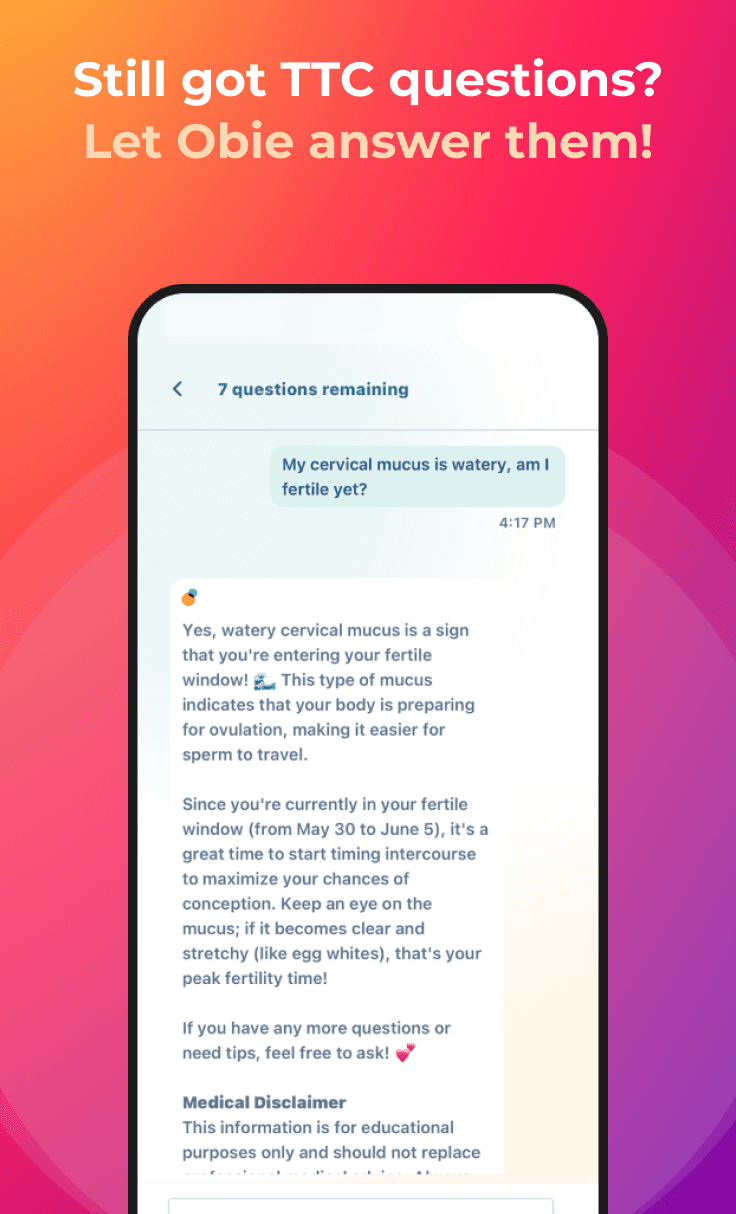Your Coffee Habit is Hurting Your Fertility
Obie Editorial Team
Rarely a morning goes by when I don’t brew two – yes two – pots of coffee. Between me and my husband we drink coffee morning, noon and night. There is a brief respite in the middle for some soda, water or tea, but then we end the night with coffee. Coffee is one of the few vices I’ve maintained over the years, but could this seemingly innocent vice be the cause of your infertility?
Coffee – the World’s Drug
Coffee is one drug the world has grown accustomed to as caffeine intake skyrockets in teens, adults and the elderly. Nearly everyone consumes some form of caffeine during the day whether knowingly – via coffee or energy drinks – or unknowingly in foods like chocolate. Caffeine gets your heart pumping and literally wakes up the central nervous system. It is also addictive. The more caffeine you give your body, no matter the source, the more caffeine your body will need to achieve the same levels of alertness. That’s where coffee comes into play.
Coffee is a money-maker and a tasty drink, so companies push coffee on consumers with tons of seasonal flavors, creative marketing campaigns and special deals. Coffee is consumed by the young and old, but according to researchers, the overconsumption of coffee could be a cause of infertility among women.
The Link Between Caffeine and Infertility
According to research completed on nearly 4,000 women undergoing IVF treatment, drinking more than five cups of coffee each day reduced the likelihood of pregnancy by 50%. Despite the connection found in the study, researchers are still uncertain about a definitive connection between caffeine and fertility. They do say that it looks like drinking four to six cups of coffee each day could degrade reproductive success when consumed while undergoing IVF.
Caffeine is a legal stimulant; it can wake you up in the morning and help you enjoy an evening sitting alone in front of a good movie. Too much of a good thing, no matter what it is, can be detrimental and when it comes to caffeine that could mean reducing your IVF success by up to 50%.
Source: European Society of Human Reproduction. July 2012.








